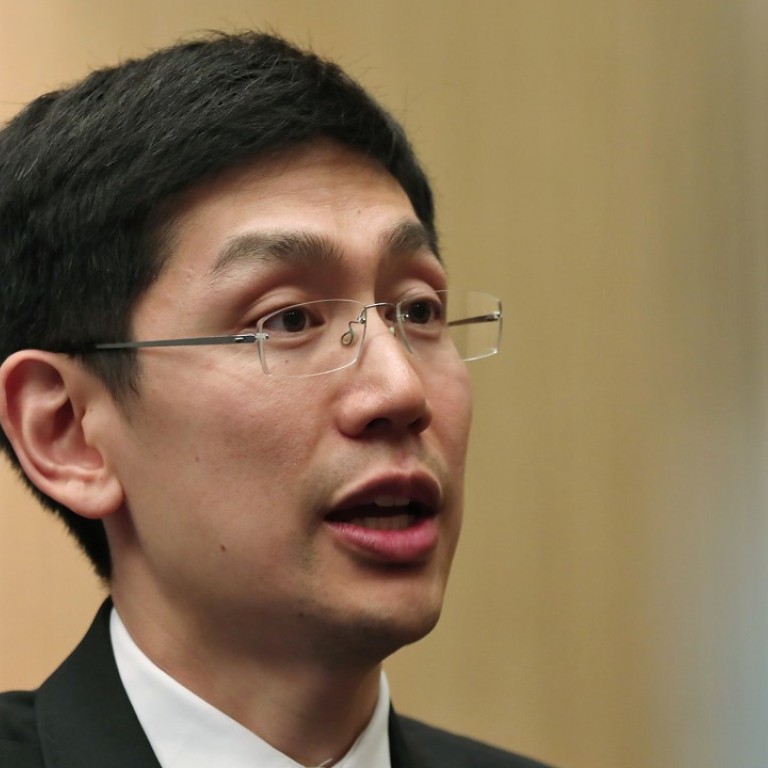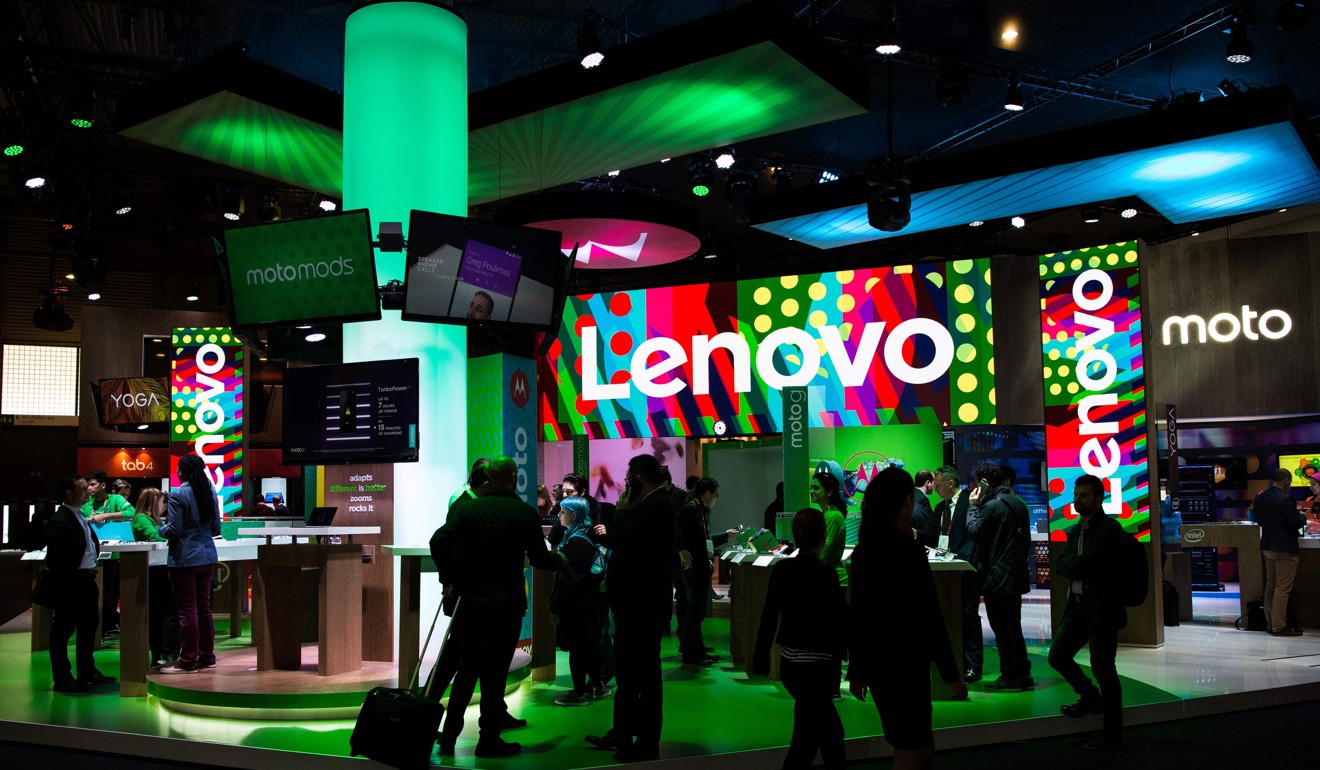
Artificial intelligence powers Lenovo’s business transformation
The world’s second-largest personal computer supplier expects AI technology to foster new services that will enhance the experience of using its products
In its quest to become a global artificial intelligence (AI) powerhouse, computer giant Lenovo Group has stepped up use of the technology to drive operational efficiency, improve customer service and advance the company’s ambitious business development initiatives.
“The great thing about AI is that it’s a general-purpose technology, so we can use it everywhere,” Arthur Hu, the chief information officer at Lenovo, told the South China Morning Post on the sidelines of the INSEAD Alumni Forum in Hong Kong.
Hu said Lenovo, which operates in more than 160 countries, started its internal AI roll-out in its call-centre operation, which now has a robot answering about 35 per cent of all inquiries.
The company next applied so-called machine learning to enhance forecasting for its supply chain, which improved how it can build more products in time.

Machine learning is a type of AI focused on computer programs that have the ability to learn when exposed to new data.
“We have massive amounts of data on which to build a knowledge base that is adaptive. Data and AI just go together like that,” said Hu.
The next stage of Lenovo’s AI-fuelled business transformation is using the technology for its range of products, from personal computers and smartphones to data centre equipment, to enable more intelligent applications that benefit consumers and enterprises.
“We’ll be adding services, context and connectivity as everything gets cloud-enabled,” said Hu.
Cloud computing enables users to buy, sell, lease or distribute over the internet a range of digital resources as an on-demand service, just like electricity from a power grid.
Hu said that means devices would have “contextual awareness” so that “people can get things done”. He cited as example a laptop that “learns” what applications its owner uses and seamlessly automates how these are accessed and used.
UBS equity analyst Sundeep Gantori recently said AI was “at the centre of the fourth industrial revolution”, which would help China continue to lead the world in disruptive business-to-consumer technologies.

